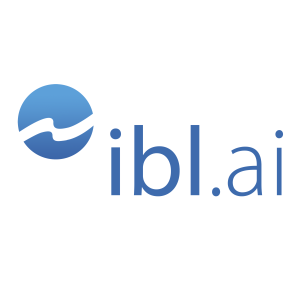
Monday Feb 10, 2025
Anthropic: Which Economic Tasks Are Performed with AI? Evidence from Millions of Claude Conversations
Summary of https://assets.anthropic.com/m/2e23255f1e84ca97/original/Economic_Tasks_AI_Paper.pdf
This research paper uses data from four million conversations on the Claude.ai platform to empirically analyze how artificial intelligence (AI) is currently used across various occupational tasks in the US economy.
The study maps these conversations to the US Department of Labor's O*NET database to identify usage patterns, finding that AI is most heavily used in software development and writing tasks. The analysis also examines the depth of AI integration within occupations, the types of skills involved in human-AI interactions, and how AI is used to augment or automate tasks.
The researchers acknowledge limitations in their data and methodology but highlight the importance of their empirical approach for tracking AI's evolving role in the economy. The findings suggest AI's current impact is task-specific rather than resulting in complete job displacement.
Here are some surprising facts revealed by the analysis of AI usage patterns in the sources:
- AI is not primarily used for automating entire job roles, but rather for specific tasks within occupations. While there is a lot of discussion about AI replacing jobs, the data suggests that AI is more commonly used to enhance human capabilities in specific tasks. This is reflected in the finding that only about 4% of occupations use AI for at least 75% of their tasks.
- The peak AI usage is in mid-to-high wage occupations, not in the highest wage brackets. It might be expected that AI would be adopted most in the highest-paying professions, but the analysis shows that occupations requiring considerable preparation, such as those needing a bachelor's degree, and those with mid-to-high salaries are seeing more AI use. This could be because these roles involve tasks that are well-suited to current AI capabilities.
- AI is being used for both augmentation and automation almost equally. While there's a lot of focus on AI replacing human work, the study found that 57% of AI interactions showed augmentative patterns (enhancing human capabilities), while 43% demonstrated automation-focused usage (performing tasks directly). This reveals that AI is serving both as an efficiency tool and a collaborative partner.
- Cognitive skills are highly represented in AI conversations, but not necessarily at an expert level. Skills like Critical Thinking, Reading Comprehension, and Writing are prevalent, however, the analysis only captures whether a skill was exhibited in the AI's responses, not whether that skill was central to the user's purpose or performed at an expert level. For example, active listening appears as a common skill because the AI rephrases user inputs and asks clarifying questions, rather than because users are seeking listening-focused interactions.
- There is a clear specialization in how different AI models are used. For instance, Claude 3.5 Sonnet is more used for coding and software development, while Claude 3 Opus is preferred for creative and educational work. This suggests that different models are not interchangeable, but rather are being adopted to meet specific needs in the economy.
- A significant portion of "non-work" interactions still mapped meaningfully to occupational tasks. For example, personal nutrition planning related to dietitian tasks, automated trading strategy development related to financial analyst tasks, and travel itinerary planning related to travel agent tasks. This suggests that AI is influencing a variety of tasks, even in informal contexts.
- AI usage is not evenly distributed across all sectors. The study found the highest AI usage in tasks associated with software development, technical writing, and analytical roles. Occupations involving physical labor and those requiring extensive specialized training showed notably lower usage.
No comments yet. Be the first to say something!